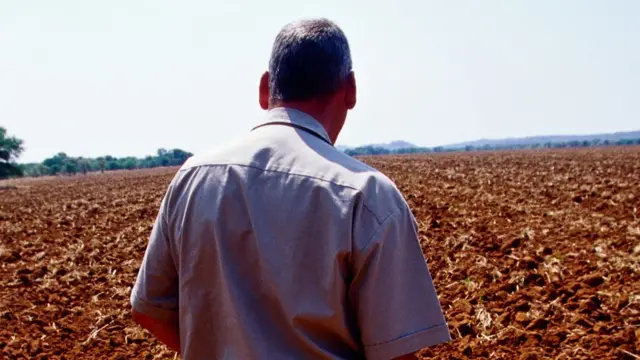
Introduction
Zimbabwe land reform remains a politically charged issue even 25 years after the controversial seizure of white-owned farms. The government’s recent move to compensate evicted white farmers with a $3.5 billion deal has opened deep divisions—not only between white and black Zimbabweans, but also among those who benefited from the reforms.
The land redistribution began in 2000 under former President Robert Mugabe, targeting around 2,500 white farmers. Though intended to redress colonial injustices, the programme caused economic collapse, diplomatic isolation, and social unrest.
New Compensation Plan Sparks Mixed Reactions
President Emmerson Mnangagwa’s administration has offered a compensation package to white farmers—1% in immediate cash, the rest in US dollar-denominated treasury bonds maturing over 10 years. The move seeks to restore Zimbabwe’s global credibility and unlock foreign aid. But the deal has drawn ire from several quarters.
Arthur Baisley, a 71-year-old former farmer who lost his land, accepted the deal. “It’s not ideal, but it’s the only deal on the table,” he told the BBC. He plans to sell part of the bonds to pay medical bills and care for aging parents.
However, others like Deon Theron have rejected the offer, citing fears that the bonds may not be honoured. “There’s no money to pay us,” said Theron, speaking from his Harare home, still filled with boxes from the day he was evicted in 2008.
Black Farmers Push Back on Cost of Compensation
Many black farmers are furious Zimbabwe land reform. War veteran Godfrey Gurira has sued the government, calling the payout “an unnecessary act of appeasement” during an economic crisis. “Our hospitals are failing, people are starving—why pay $3.5 billion to white farmers?” he said in an interview with The Guardian.
The Zimbabwean government now requires resettled black farmers to pay between $100–$500 per hectare to gain title deeds. The money would fund compensation. Critics argue this forces black farmers to “buy back” land they were promised as reparations, triggering legal disputes.
Rebuilding Agriculture Amid the Fallout
Despite the past turbulence, the farming sector is rebounding. In Harare South, Aaron Ganye and his family transformed their 20-hectare plot into a thriving agribusiness Zimbabwe land reform, employing 200 workers. “We’re doing better than the white farmers ever did,” said the 25-year-old proudly.
With Chinese investment and government support, tobacco output has surged. This year, Zimbabwe sold over 300,000 tonnes—a national record. The sector’s recovery may help Zimbabwe regain economic stability, even amid ongoing political strife.
Diplomatic Thaw with the West
There are also signs of geopolitical progress. The UK has lifted sanctions on four Zimbabwean officials, signaling improved relations. The move could aid discussions around foreign debt restructuring, another key issue tied to the land reform fallout.
Meanwhile, Britain’s role in the crisis continues to spark debate. Some farmers want London to rejoin negotiations, citing the UK’s commitment in the 1980 Lancaster House Agreement to support land reform financially.
Conclusion
Zimbabwe’s land reform still casts a long shadow over the nation’s politics and economy. While some view the compensation deal as necessary to heal old wounds, others call it unjust and unaffordable. Only through sincere dialogue and compromise can Zimbabwe move forward. As it stands, the land remains both a symbol of justice and a source of deep division.


